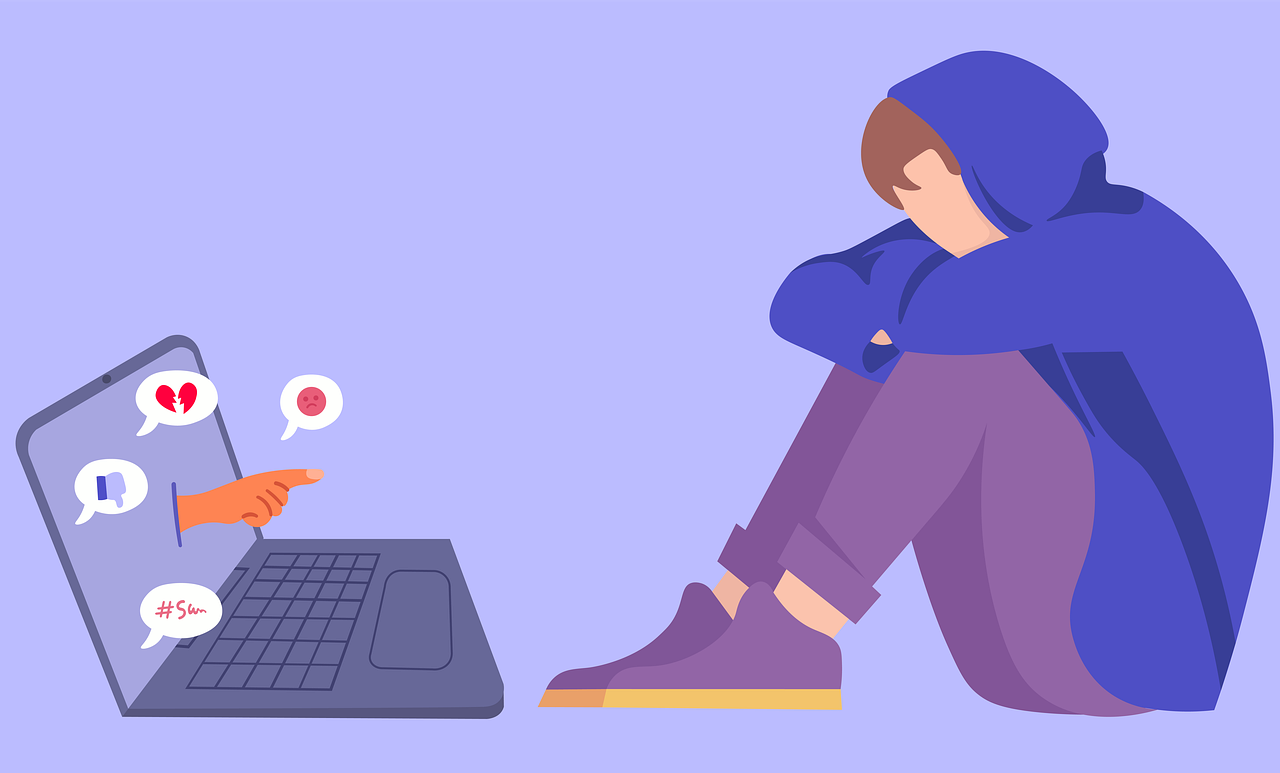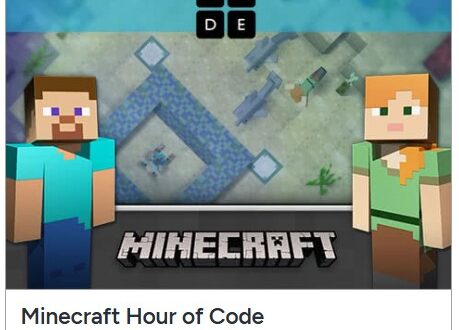
This week in class we discussed topics such as digital identity, cyber-vigilantism, cyber-shaming, and digital footprints. We have seen examples of this type of public shaming throughout history. For instance, in this TED Talk, Monica Lewinsky discusses how the rise of the digital age made her one of the first high-profile victims of cyberbullying. In the video, Lewinsky goes on to explain how years of online shaming, humiliation, and harassment ruined her reputation and nearly took her life.
Going Viral & Sharing Without Consent

Today, our students face the reality of cyberbullying in digital landscapes. This can include harassment on social media or sharing images of classmates without consent. We have learned that even when the photos or videos being shared are seemingly innocent they can still have a detrimental effect on one’s life. For example, Ghyslain Raza, known as the “Star Wars Kid,” became a victim of cyberbullying when an edited video of him went viral online. This article highlights the negative effect that this event had on his life, including relentless harassment from classmates, invasions of his privacy by reporters at his home, and even being asked not to return to his school because staff viewed the situation as bad publicity. This story highlights the need to teach our students about empathy, respect, and digital law when engaging in online spaces. I think it would be effective to share real-life stories like those of Monica Lewinsky, Ghyslain Raza, and Amanda Todd to open the conversation of digital identity.
Is Cyber-Vigilantism Effective?

Another issue that has been on the rise in the digital age is that of cyber-vigilantism. As this article states, internet vigilantes are commonly motivated by doxxing wrongdoers online. This online shaming can lead to consequences such as harassment, being fired from your job, losing your reputation, or as this article highlights, being denied entry into university. A lot of the time I think it’s easy to be on the side of the internet vigilantes, especially when they are calling our racist, homophobic, or other hateful behaviors. However, we have to ask ourselves; does being doxxed online solve anything? Is ruining someone’s life effective in addressing the issues at hand? And should comments we make online years ago define us for the rest of our lives? Personally, I think that context needs to be considered when making these judgments. For example, we should consider if the inappropriate comment was made many years ago and if they were a child or an adolescent when the comment was made. Also, we should consider if it was a one-time thing or if they have a history of repeatedly displaying hateful behavior.
 Restorative Justice Approach
Restorative Justice Approach
On the one hand, I think it’s important for people to take accountability for harmful behaviors online. On the other hand, I don’t believe that completely ruining someone’s life is effective in addressing the issue. In my culture, we believe in something called restorative justice. This is where the offender must adress the harms that they caused the individual, and/or community as a whole. If you’re interested, this site goes more in-depth about the concept of restorative justice. While this example is associated with more serious crimes, I think it would be of value to apply these principles to less serious offenses as well. I think it would be more effective to have the offender learn from the consequences of their actions. As opposed to having everything taken away from them and potentially learning nothing from the situation. This way, we can work towards building a safer, more compassionate community in both the digital and physical world. What are your thoughts on the matter? Should our digital footprints define us? Drop a comment below!



One Comment
Carys Moffatt
Wow I love your approach. Even though it’s associated with much more serious crimes, I think that it is a great way for people to move on from past mistakes online.